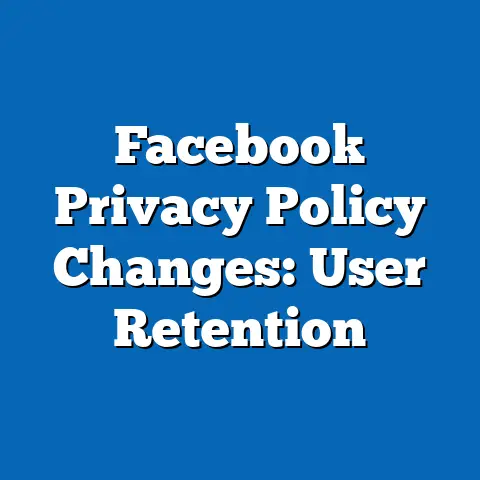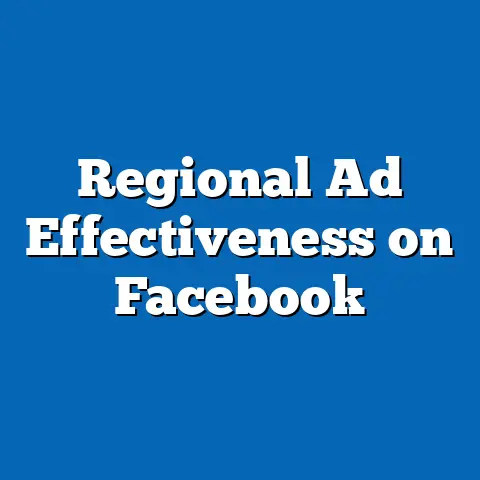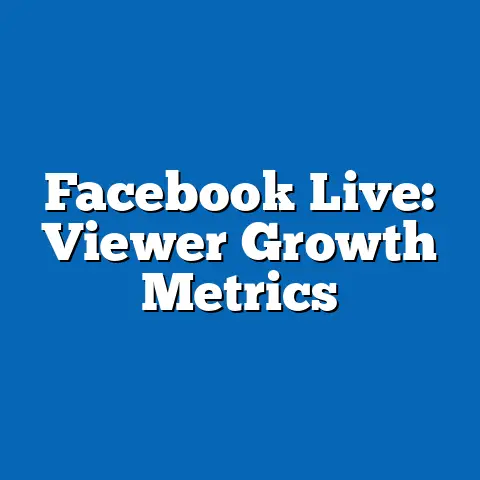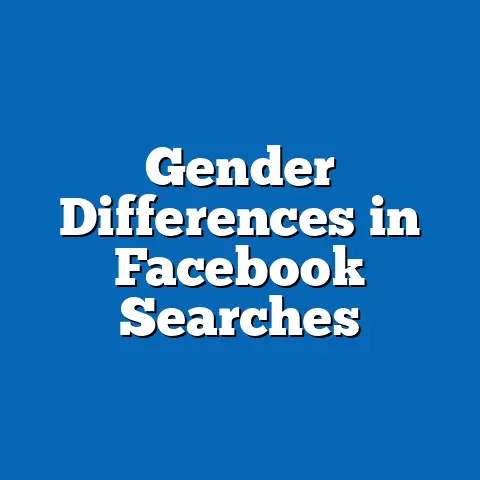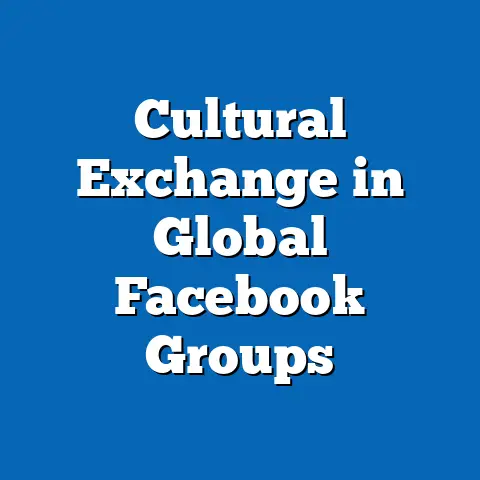Facebook Moderation: Global Policy Shifts
What if, by 2025, Facebook—now Meta—becomes the de facto global arbiter of online speech, not just through its algorithms but through a unified set of moderation policies enforced across every nation, culture, and language? Imagine a world where a single platform’s content rules override local laws, cultural norms, and individual freedoms, shaping public discourse on an unprecedented scale. In this scenario, Meta’s moderation policies could either bridge divides by fostering a shared digital language or deepen global tensions by imposing a homogenized standard that alienates diverse populations.
This speculative vision raises critical questions about the balance of power, cultural sovereignty, and the role of technology in society. As we stand on the cusp of 2025, Meta’s evolving moderation strategies are poised to redefine how billions interact online. This article explores the potential global policy shifts in Facebook’s content moderation, delving into the historical context of its policies, the defining characteristics of its current framework, the driving forces behind anticipated changes, and the broader societal implications of these transformations.
Historical Context: The Evolution of Facebook’s Moderation Policies
Facebook’s journey from a college networking site to a global communication platform has been marked by an evolving approach to content moderation. Launched in 2004, the platform initially operated with minimal oversight, reflecting the early internet’s ethos of unrestricted expression. However, as its user base grew to over 2.9 billion monthly active users by 2023, the need for structured moderation became undeniable.
The first significant shift came in the late 2000s, with high-profile controversies over hate speech, graphic content, and misinformation prompting Facebook to introduce its Community Standards. These early rules were reactive, often updated in response to public outcry or legal pressures, such as the 2011 backlash over the removal of breastfeeding photos. By 2016, the platform faced intense scrutiny during the U.S. presidential election, accused of enabling the spread of fake news and foreign interference, which led to the introduction of third-party fact-checking partnerships.
The Cambridge Analytica scandal of 2018 marked a turning point, exposing how user data could be weaponized for political manipulation. This event, coupled with global calls for accountability, pushed Facebook to establish the Oversight Board in 2020, an independent body tasked with reviewing contentious moderation decisions. Yet, critics argue that the board’s limited scope—handling only a fraction of cases—does little to address systemic issues in Meta’s algorithmic and human moderation practices.
Throughout this history, Meta has navigated a complex web of regional regulations, from the European Union’s strict data privacy laws (GDPR) to authoritarian governments’ demands for censorship. These tensions have shaped a moderation framework that is often inconsistent, caught between universal principles and local compliance. As we approach 2025, the lessons of the past two decades suggest that Meta’s policies will continue to evolve under pressure from governments, users, and internal priorities.
Defining Characteristics of Current Facebook Moderation Policies
To understand potential shifts by 2025, we must first outline the key features of Meta’s current moderation framework. At its core, Facebook’s Community Standards are built on five pillars: safety, privacy, dignity, authenticity, and voice. These principles aim to balance free expression with the prevention of harm, though their application often sparks debate.
Moderation is executed through a hybrid system of artificial intelligence (AI) and human reviewers. AI tools detect and flag content based on patterns, such as explicit imagery or hate speech keywords, with a reported 98% accuracy for certain violations like graphic violence as of 2023. However, nuanced issues—like cultural context in humor or political satire—often require human intervention, with Meta employing over 15,000 content reviewers globally.
A defining characteristic is the platform’s reactive transparency. While Meta publishes quarterly reports on content removals and appeals, critics argue these disclosures lack depth, often omitting data on algorithmic biases or error rates. Additionally, the Oversight Board, while innovative, remains advisory—Meta is not legally bound to follow its rulings, raising questions about accountability.
Geographically, moderation varies due to legal and cultural differences. For instance, content deemed acceptable in the U.S. might be censored in countries with stricter blasphemy laws, creating a patchwork of enforcement. This inconsistency highlights a central tension: Meta’s aspiration for universal standards clashes with the reality of a fragmented global landscape.
Finally, economic incentives play a subtle but significant role. As a profit-driven entity, Meta’s moderation decisions are sometimes influenced by advertiser pressures or the need to retain users, leading to accusations of prioritizing engagement over ethical rigor. These characteristics form the baseline from which future policy shifts will emerge.
Drivers of Global Policy Shifts by 2025
Looking ahead to 2025, several technological, political, economic, and social forces are likely to drive significant changes in Facebook’s moderation policies. These drivers reflect both internal strategic goals and external pressures that Meta cannot ignore.
1. Technological Advancements and AI Ethics
By 2025, advancements in AI will likely enable more sophisticated content moderation, with algorithms better equipped to interpret context, tone, and intent. However, this raises ethical concerns about surveillance and bias. For instance, if AI disproportionately flags content from marginalized groups due to training data imbalances, Meta could face backlash over systemic discrimination.
Moreover, the integration of generative AI—capable of creating deepfakes or synthetic media—will complicate moderation efforts. Policies may shift toward preemptive detection of manipulated content, potentially requiring user verification systems or digital watermarks. Yet, such measures could infringe on privacy, prompting Meta to navigate a delicate balance between innovation and user trust.
2. Regulatory Pressures and Global Fragmentation
Governments worldwide are tightening control over digital platforms, and by 2025, Meta will likely face an even more fragmented regulatory landscape. The EU’s Digital Services Act (DSA), fully enforced by 2024, mandates greater transparency and accountability for content moderation, with fines up to 6% of global revenue for non-compliance. Similar laws in countries like India and Brazil signal a trend toward localized oversight.
Conversely, authoritarian regimes may demand stricter censorship, forcing Meta to decide between compliance and withdrawal from key markets. A unified global policy might emerge as a compromise, prioritizing universal standards over regional nuances, though this risks alienating users who feel their cultural contexts are ignored.
3. Economic and Competitive Dynamics
Meta’s economic model, heavily reliant on advertising, will continue to shape moderation policies. By 2025, as competition from platforms like TikTok intensifies, Meta may prioritize user retention through lenient content rules, especially for viral or engaging material. However, this could conflict with advertiser demands for “brand-safe” environments, pushing Meta toward stricter automated moderation.
Additionally, the rise of decentralized social media platforms, built on blockchain or open-source models, may challenge Meta’s dominance. If users migrate to platforms offering greater control over moderation, Meta might adopt more user-driven policies, such as community-led content review boards, to stay competitive.
4. Social and Cultural Shifts
Public attitudes toward online speech are evolving, influenced by generational values and global events. Younger users, particularly Gen Z and Gen Alpha, often advocate for inclusive, safe digital spaces, pressuring Meta to strengthen policies against harassment and misinformation by 2025. Conversely, older generations or libertarian-leaning groups may resist perceived overreach, demanding fewer restrictions on expression.
Global crises—such as climate disasters or geopolitical conflicts—could also shape moderation priorities. For example, Meta might face pressure to amplify authoritative voices during emergencies, necessitating real-time policy adjustments. These social dynamics will force Meta to adapt its framework to reflect diverse, often conflicting, user expectations.
Potential Global Policy Shifts for 2025
Based on these drivers, several policy shifts in Facebook’s moderation framework are plausible by 2025. While speculative, these scenarios are grounded in current trends and expert analyses.
1. Adoption of a Universal Moderation Framework
Meta may move toward a more standardized global policy, reducing reliance on regional variations to streamline enforcement. This could involve a “core values” approach, where non-negotiable rules on hate speech, violence, and child safety are uniformly applied, while secondary issues like nudity or political content allow for local input. Such a framework would simplify compliance with international laws but risks cultural insensitivity, potentially alienating users in regions with distinct norms.
2. Enhanced Role of User Governance
To counter accusations of top-down control, Meta might experiment with user-driven moderation by 2025. This could include elected community councils or voting mechanisms for policy updates, mirroring democratic processes. While empowering users, this shift could introduce biases if dominant groups disproportionately influence outcomes, and logistical challenges of scaling such a system globally remain significant.
3. Proactive AI-Driven Moderation
With AI advancements, Meta could shift from reactive to proactive moderation, identifying harmful content before it spreads. Policies might prioritize prevention over punishment, such as temporarily suspending accounts flagged for potential violations. However, this approach risks false positives, and users may perceive it as intrusive, necessitating transparent appeal processes to maintain trust.
4. Decentralized Accountability through Partnerships
Facing regulatory scrutiny, Meta may deepen collaborations with governments, NGOs, and academic institutions to co-develop moderation guidelines. By 2025, we could see joint task forces addressing issues like election integrity or public health misinformation. While this could enhance credibility, it risks politicizing moderation if certain partners exert undue influence.
5. Focus on Digital Literacy and User Responsibility
Recognizing the limits of top-down moderation, Meta might invest in user education, promoting digital literacy as a policy pillar by 2025. Initiatives could include in-app tutorials on identifying misinformation or reporting abuse, shifting some responsibility to users. While promising, this approach assumes universal access to education and may overlook systemic barriers in underserved regions.
Societal Implications of Policy Shifts
The evolution of Facebook’s moderation policies by 2025 will have far-reaching implications across cultural, political, economic, and workplace domains. These impacts reflect both opportunities and risks, shaped by how Meta balances competing priorities.
1. Cultural Impacts: Homogenization vs. Diversity
A universal moderation framework could create a shared digital culture, fostering cross-border dialogue on platforms like Facebook. However, it risks cultural homogenization, as local traditions or languages may be sidelined by standardized rules. For instance, idiomatic expressions flagged as hate speech could alienate non-Western users, deepening digital divides.
Conversely, user-driven or localized policies might preserve diversity but fragment online spaces into echo chambers. Societies will grapple with whether a singular platform can—or should—represent the full spectrum of human expression, a debate that will intensify by 2025.
2. Political Impacts: Power and Accountability
Meta’s moderation decisions already influence political discourse, and by 2025, this power could grow if global policies centralize authority. Governments may view Meta as a quasi-sovereign entity, leading to conflicts over jurisdiction, especially during elections or crises. For example, a decision to deplatform a political figure could be seen as interference, fueling populist backlash.
Moreover, the lack of democratic oversight in Meta’s processes raises accountability concerns. Societies will need to define the role of private tech giants in public life, potentially pushing for international treaties on digital governance.
3. Economic Impacts: Innovation and Inequality
Stricter moderation, driven by regulatory fines or advertiser demands, could stifle economic innovation on platforms like Facebook Marketplace by 2025. Small businesses or creators relying on organic reach may struggle if content is overly restricted. Conversely, proactive AI moderation could reduce legal risks for Meta, stabilizing its market position.
However, economic inequality may widen if moderation disproportionately affects users in developing regions, where access to appeals or digital literacy tools is limited. Addressing this disparity will be critical for equitable digital economies.
4. Workplace and Social Dynamics: Trust and Polarization
In workplaces, Facebook’s role as a communication tool means moderation policies could influence professional interactions by 2025. Policies prioritizing safety might reduce online harassment, fostering inclusive environments, but over-censorship could hinder open dialogue among colleagues or activists.
Socially, inconsistent moderation risks exacerbating polarization, as users may perceive bias in content removals. Building trust through transparent, fair policies will be essential to prevent further societal fragmentation.
Generational Perspectives on Moderation Shifts
Generational attitudes will play a significant role in shaping and responding to Meta’s policies by 2025. Each cohort brings distinct values and experiences to the digital landscape, influencing how moderation is perceived and prioritized.
-
Baby Boomers (born 1946–1964): Often less tech-savvy, Boomers may prioritize clear, strict moderation to combat misinformation, reflecting trust in authoritative systems. However, they may resist policies perceived as limiting personal freedoms, rooted in their historical context of civil rights movements.
-
Generation X (born 1965–1980): As digital adopters during the internet’s rise, Gen X values pragmatism and may support balanced moderation that protects privacy while allowing expression. Their skepticism of corporate power could drive demands for greater Meta accountability.
-
Millennials (born 1981–1996): Having grown up with social media, Millennials often advocate for platforms as spaces for activism, pushing for inclusive moderation that addresses systemic biases. They may, however, critique Meta’s profit-driven decisions, shaped by economic instability post-2008.
-
Generation Z (born 1997–2012): Digital natives, Gen Z prioritizes safe online environments, supporting strict rules against harassment or hate. Their reliance on platforms for identity expression means they’ll demand nuanced policies that respect diversity, influenced by global movements like #MeToo and Black Lives Matter.
-
Generation Alpha (born 2013–present): Though young, Alpha’s early exposure to tech will shape future expectations by 2025. Raised in an era of AI and surveillance, they may accept stricter moderation as normal but could push for transparency as they inherit a hyper-connected world.
These generational lenses highlight the diversity of user needs Meta must address. A one-size-fits-all policy risks alienating entire cohorts, underscoring the need for adaptable, inclusive frameworks.
Forward-Looking Insights and Uncertainties
As we approach 2025, the trajectory of Facebook’s moderation policies suggests a pivotal moment for digital governance. Meta has the opportunity to lead by example, crafting policies that balance innovation, equity, and accountability. A focus on transparency—such as open-sourcing AI moderation algorithms or expanding the Oversight Board’s mandate—could rebuild user trust and set a precedent for other platforms.
However, uncertainties abound. Will Meta prioritize profit over ethics if faced with competitive or financial pressures? How will global geopolitical shifts, such as rising nationalism or new tech superpowers, influence its policies? And can a single company truly represent the interests of 3 billion diverse users without systemic bias?
The answers remain unclear, but one certainty emerges: the stakes of moderation extend beyond content to the very fabric of society. By 2025, Meta’s decisions will shape not just online interactions but the future of democracy, culture, and human connection. As researchers, policymakers, and users, we must engage critically with these shifts, advocating for a digital world that reflects shared values rather than corporate or political agendas.
In conclusion, the evolution of Facebook’s moderation policies is a microcosm of broader tensions in the digital age—between freedom and safety, globalism and localism, technology and humanity. While the path to 2025 is fraught with challenges, it also offers a chance to redefine how we coexist online. The question is not just what Meta will do, but how society will respond to shape a future that serves us all.

